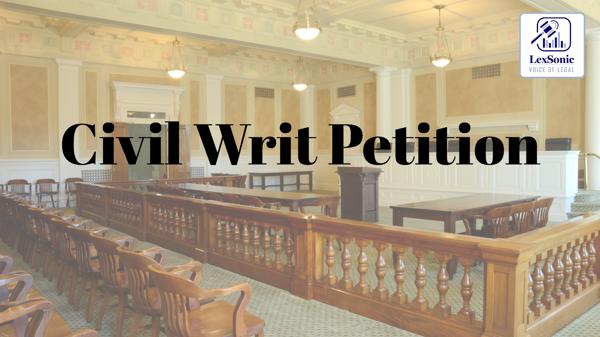Supreme Court Steps In After Deadly Highway Accidents: Orders Nationwide Review of Road Safety and Illegal Dhabas.
10 November 2025
Civil Writ Petition >> Civil & Consumer Law
The Court pointed to serious lapses on the part of the authorities in both incidents. A bus carrying pilgrims rammed into a stationary trailer parked near a roadside dhaba along the Bharatmala Expressway in Rajasthan’s Phalodi district. According to reports, several unauthorized eateries had mushroomed illegally along the highway, which encouraged truck drivers to halt and park on the roadside, risking the lives of travelers. In the second incident near Rangareddy district of Telangana, an overloaded gravel-laden lorry collided with a state transport bus, killing 19 passengers when trying to avoid a pothole. Non-availability of streetlights, dividers, and proper signage were cited as contributory factors.

The Supreme Court, acting proactively, asked NHAI and the Ministry of Road Transport and Highways to conduct a survey and file, within two weeks, a report with regard to unauthorized establishments along the highways in question and the standards adopted for the maintenance by the contractors. It also issued notices to the Chief Secretaries of Punjab, Haryana, Rajasthan, Gujarat, Telangana, and Chhattisgarh—states through which the two expressways pass—to provide comprehensive data on road conditions and encroachments.
This suo motu action by the Supreme Court again reinforces its constitutional mandate as the guardian of the fundamental rights of the citizens, linking infrastructure governance directly with the sanctity of human life.
Section 21, Constitution of India - 1950
